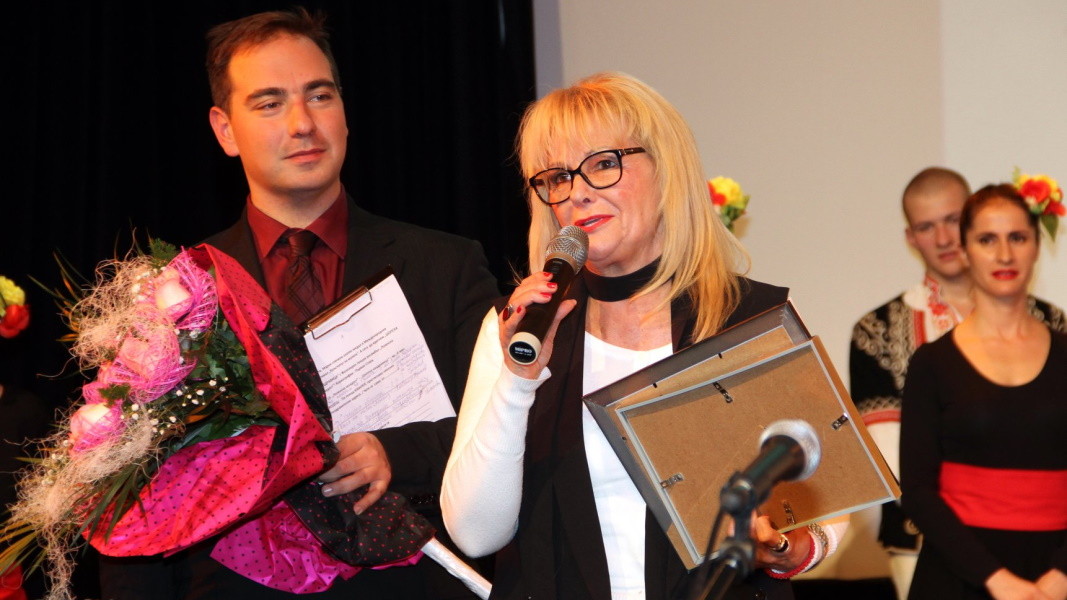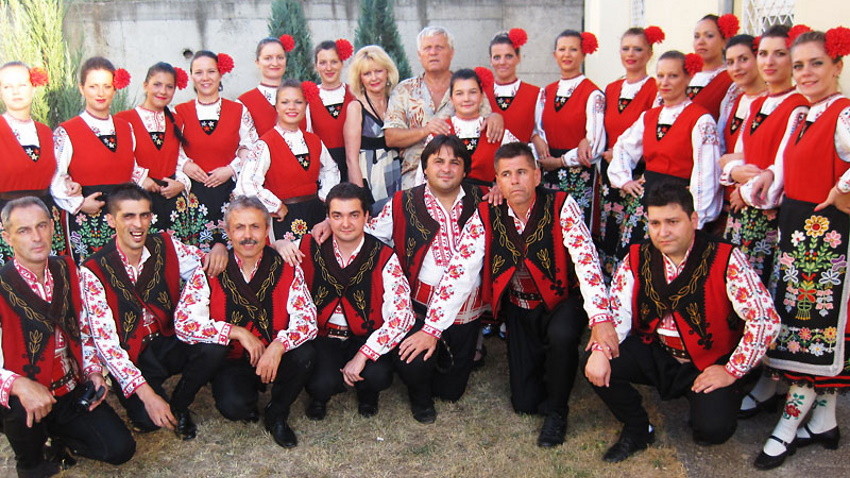Even before gaining their freedom and establishing state institutions, Bulgarians realized the need for cultural centers where they could develop literary activity and preserve written monuments of culture. That is how in the middle of the 18th century, the idea of the chitalishte (community center) emerged. There were wealthy Bulgarians who wanted to help the prosperity of the homeland. Using their own funds they founded the first centers, which quickly expanded their public activities into the sphere of education. One of the goals of the benefactors was to help talented Bulgarians receive education abroad, as well as to help Bulgarian writers so that their works could be published and reach more readers.

Despite the changes that have taken place since the times of the first community centers, the role of this cultural and educational institution remains important today. There is hardly a Bulgarian who has not visited the library of a community center. Many famous Bulgarian singers and dancers have made their first steps towards the big stage thanks to the local community centers. Hundreds of people continue to work hard in order to contribute to the development of these timeless centers of education, culture and traditions.
In the last two years, however, the community centers were among the first institutions forced to cut activities due to measures against the spread of the pandemic. That is how concerts in the halls stopped, meetings of the folklore clubs were postponed and the rehearsals of the dance ensembles also became impossible. Now, on the eve of the Christmas and New Year holidays, when there should be celebrations in the community centers across Bulgaria, it is quiet again. People rarely gather in small groups for courses. This is how Deni Evstatieva, secretary of the Aura community center in Sofia and a member of the Supreme Council of the Union of Community Centers in the country, describes the current situation:

"For almost two full years now, things in the community centers have become very difficult. Our main cultural and educational activities, both with the youngest visitors and the adults have been very limited. We somehow managed to readjust our work and move forward. The group classes are held remotely and for those present we comply with all requirements set by the health authorities. But in general we are pleased that the work in ‘Aura’ community center has never stopped, even in the most difficult times. We know that there are community centers in small towns that failed to switch to online training. They do not have enough computers and specialists to organize their activity in online environment.”

Two years ago "Aura" community center celebrated its 100th anniversary. The chitalishte is one of the most active in Sofia. It organizes language courses, music and theater workshops, folk dance ensembles for children and adults. Before the pandemic no less than 300 visitors used the services of the community center on a monthly basis. "When concert performances and tours stopped, our sponsors started to withdraw. Now we support ourselves only from the state subsidy, but also from small fees, which help the clubs in the center. That is why one of our main problems is the high price of electricity," Deni Evstatieva says. However, there would be no lack of festive mood during the holidays.

"Every year we organise a Christmas concert especially for the participants in our ensembles and amateur clubs. We plan to have a modest concert this year as well - on December 22. We are also preparing a visit of Santa Claus and fairy-tale characters to the kindergartens in the capital's Vazrazhdane quarter. We will bring joy to the children with a bag of gifts - fruits and treats.”
Related article:
English: Alexander Markov
Photos: archive, aura-bg.comThe Symphony Orchestra of Vratsa – Simfonieta, has become a haven for violinist Alena Chekhova. She was born in the Russian city of Tyumen /Western Siberia/, raised in Ukrainian Crimea and lived in Moscow for more than 10 years, where..
European Days of Artistic Crafts are starting today in Bulgaria's Antonovo . The motto of this year's edition is "The Golden Thread", which is why it will begin with workshops on wool felting. Every day until the end of the week, residents and..
Writer Kalin Terziyski will present his collection of short stories "Is Anyone There to Love You?" at the Bulgarian Cultural Institute in Berlin on April 1. The book, translated into German by Elvira Bormann, tells of life in a city full of mystery,..
The Night of Musicals takes place tonight at the Vasil Levski Palace of Culture and Sports in Veliko Tarnovo. Artists from the USA, Australia, the..

+359 2 9336 661
